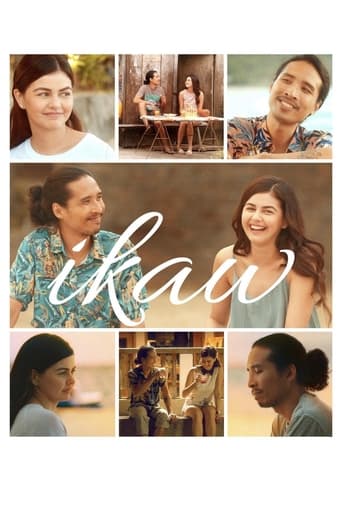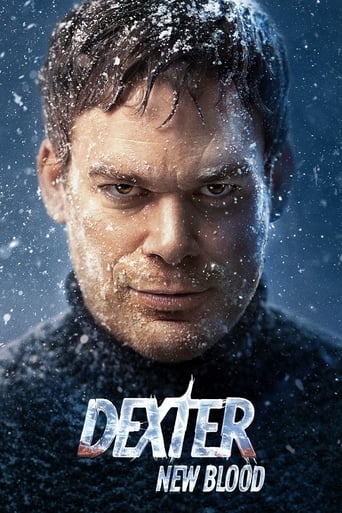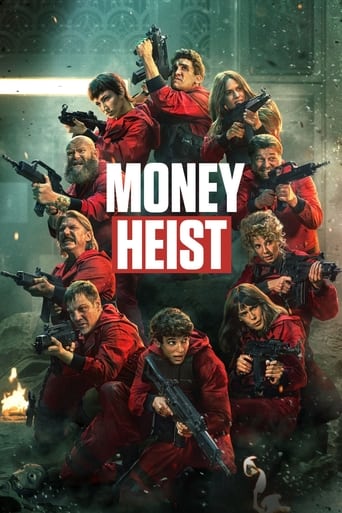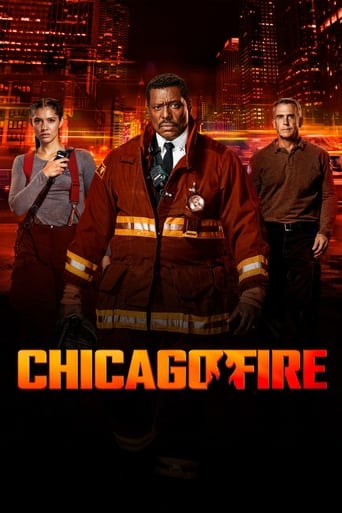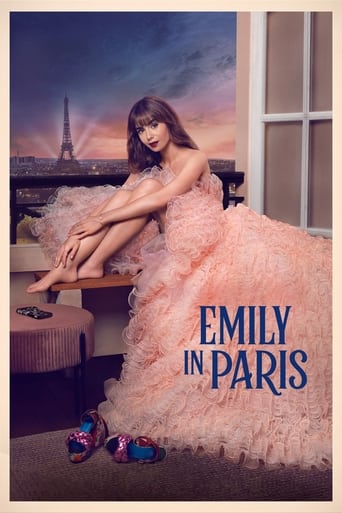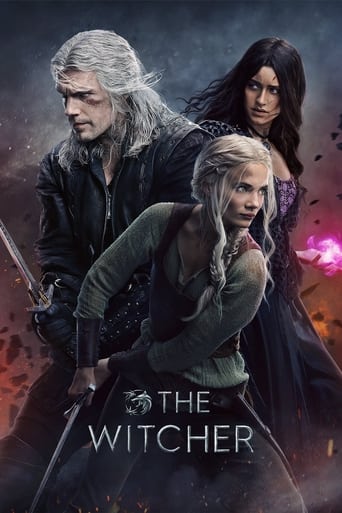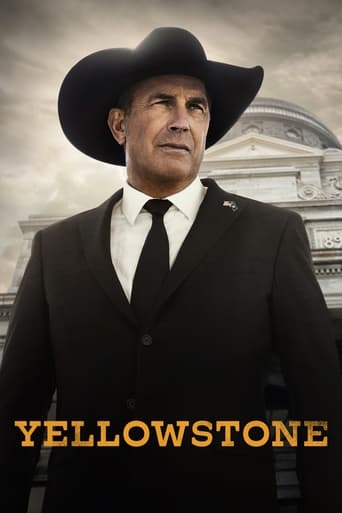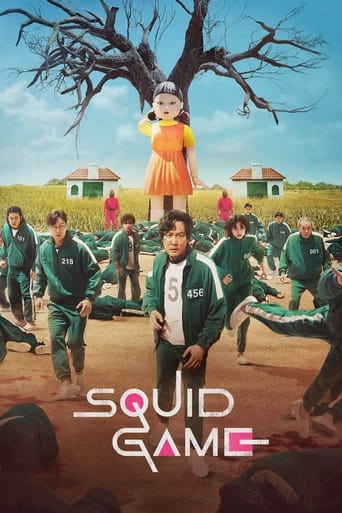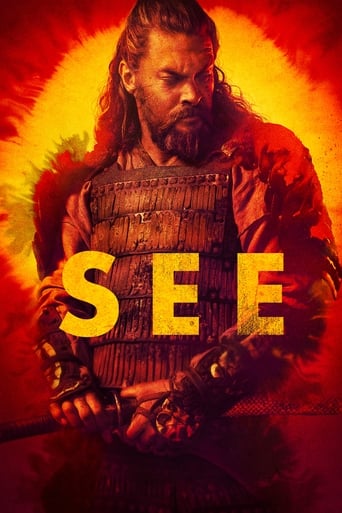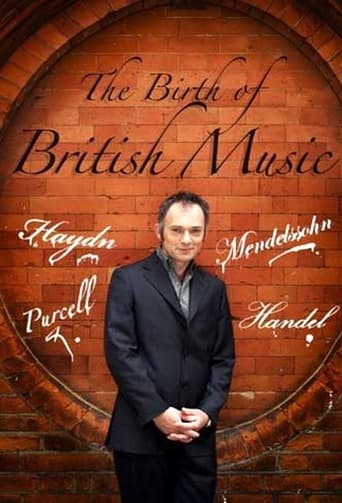
Series in which conductor Charles Hazlewood explores the lives, times and music of great composers.
Seasons & Episode
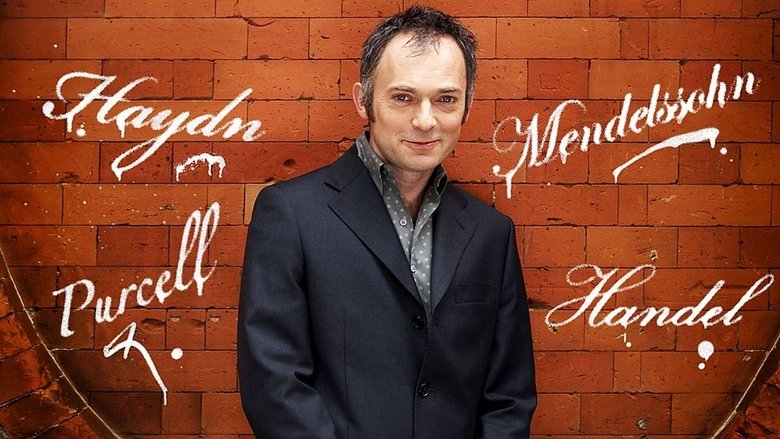
In this series, conductor Charles Hazlewood explores the development of British music through the lives, times and works of four great composers, each with a major anniversary in 2009. The first programme celebrates the music of Henry Purcell, one of the most seminal but mysterious figures of British musical history. Charles investigates what life would have been like for a composer in 17th-century London through a wide range of Purcell's music, from the vast but often overlooked output of tavern songs to his glorious sacred music and pioneering stage works such as Dido and Aeneas. He discovers how Purcell's work is still central to our national life today, visiting the Grenadier Guards at Wellington Barracks and attending the Service of Remembrance at the Cenotaph. Music is performed by Charles Hazlewood's own ensemble, Army of Generals, as well as renowned musicians including Sir John Tomlinson and the Choir of Westminster Abbey.

In the second of four programmes, conductor Charles Hazlewood explores the glorious music of Handel, who made his home in Britain and became a celebrity and national icon in the process. Millions across the world heard Handel's 'Zadok the Priest' when Elizabeth II was crowned Queen at Westminster Abbey in 1953, but he was immensely popular in his own lifetime too, as his memorial in Westminster Abbey shows. World-renowed soloists Danielle de Niese and Ian Bostridge join Charles Hazlewood's ensemble, Army of Generals, in some of the best-loved music in our history. Also included in this programme is an unusual take on John Gay's 'The Beggar's Opera', the 18th-century smash hit that poked fun at Handel's world. Charles invites comedian Phill Jupitus to take a new approach to the music along with acclaimed folk singers Rachel and Becky Unthank, guitarist Adrian Utley from Portishead, and distinguished jazz drummer Martin France. The Foundling Hospital Museum and Handel's birthplace in Halle are two of the many places Charles visits to explore the stories behind this fascinating composer who has had such a profound influence on our cultural heritage.

In the third of four programmes exploring the development of British music, conductor Charles Hazlewood looks at the fascinating two-way relationship the great composer Haydn had with Britain. Since Haydn was an astute businessman, it was no coincidence that he chose London as the place to make his personal fortune, taking advantage of the increasing demand for subscription concerts and the lucrative domestic market. On a visit to the Royal Institution of Great Britain and to William Herschel's house in Bath, Charles explores how Haydn's fascination with musical form and structure in music ran alongside his great interest in science, including the structure of the universe. He also travels to Austria to visit the stunning Esterhazy Palace near Vienna where Haydn worked for over three decades, and to Scotland to investigate Haydn's rather curious association with some of our most famous Scottish folk songs.

Conductor Charles Hazlewood explores the lives, times and music of great composers. In the final programme in the series, he looks at Mendelssohn, whose music embodies the sound of the Victorian age. A friend of Queen Victoria and Prince Albert, Mendelssohn made ten visits to Britain and his work appealed strongly to British tastes. Mendelssohn's melodies such as O for the Wings of a Dove and Hark! the Herald Angels Sing became hugely popular and his astonishing overture to A Midsummer Night's Dream perfectly captured the Victorians' fondness for Shakespeare and fairy stories. He portrayed the grandeur of Scotland through a romanticism shared with poets such as Keats and Wordsworth, and captured the public imagination with his pioneering use of a new conductor's tool - the baton. Charles's journey includes a stormy boat trip to Fingal's Cave and a visit to a chocolate factory, as well as a trip to the recently restored Birmingham Town Hall, where a massed choir comprising choral groups from across the West Midlands is brought together with the BBC Concert Orchestra and soloist Andrew Shore to perform extracts from Mendelssohn's iconic work Elijah.
Similar titles
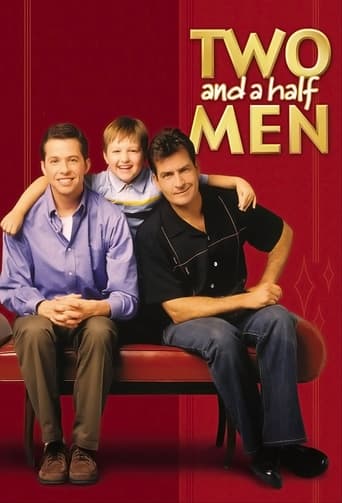
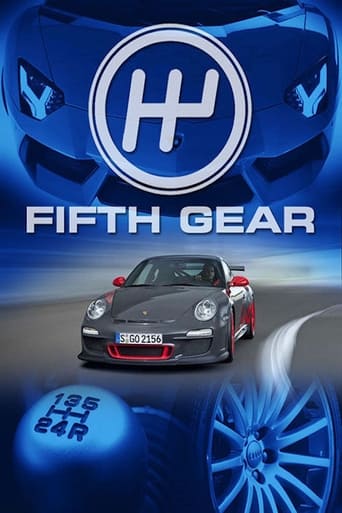
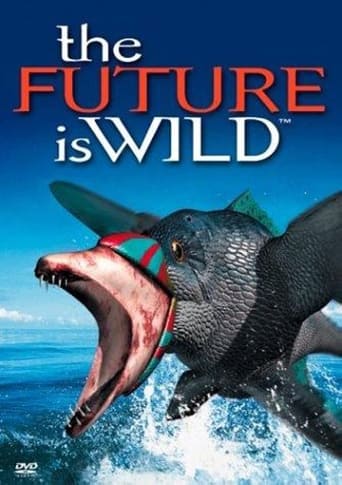
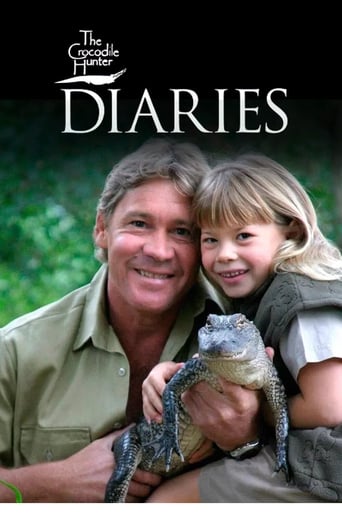
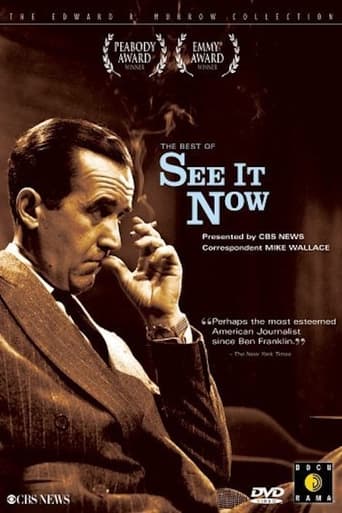
You May Also Like
Top Streaming TV Show
